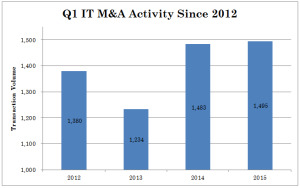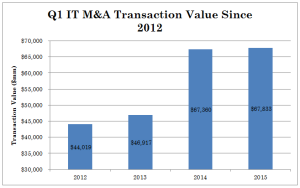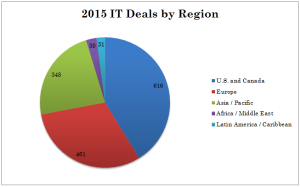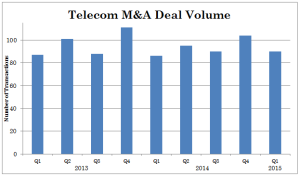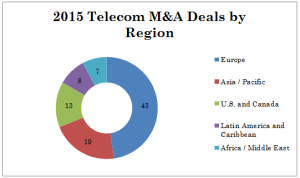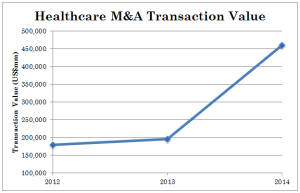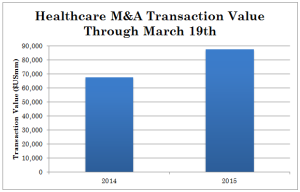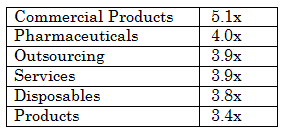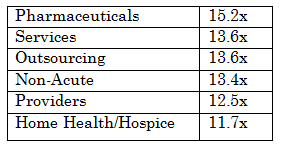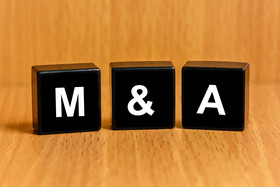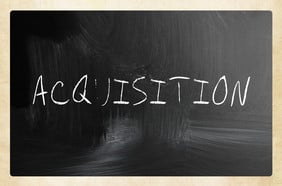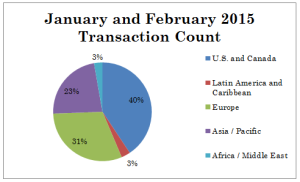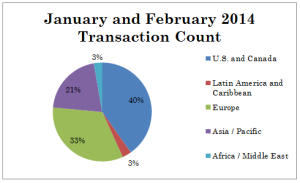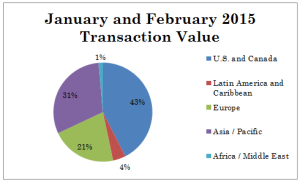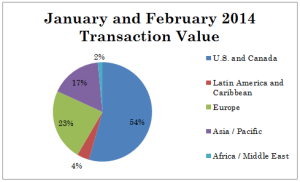M&A Deals - Integration of Employees
in Acquisitions
M&A Deals - Integration of Employees in Acquisitions
In M&A deals - integration of employees in acquisitions is critical. In many cases, retaining personal is an overlooked aspect by the new owners of an acquired business. For some reason, this neglect starts during the due diligence phase. Buyers keep saying that the people are important, but do little to prove it. Frequently, employment agreements are the very last documents that a buyer submits to the seller and/or the employees. It’s a pity because the people are very important “assets” and have feelings. By contrast, the accounting details or legal matters don’t care if they’re verified first or last. It’s important for the buyer to send strong signals to employees that they will keep. As they say, action speaks louder than words.
Emphasis needs to be placed on making the employees to be acquired comfortable in knowing that they will be kept. This usually means talking with them directly and presenting fair and reasonable employment agreements. For most acquisitions, keeping key employees from leaving is essential to ensure a successful transaction. In most middle market M&A deals, the employees have been with the business for years and have special expertise in the company’s day to day operations. The experience and information that these employees have can be invaluable to a new management team. In many cases, existing employees have good ideas on how to improve customer service or create other efficiencies so new management should be open to their suggestions.
Interviewing and listening to employees is also a good way for management to evaluate newly acquired personal and see which ones take initiative and are really dedicated to their jobs. Employees are important “assets.” The most successful M&A transactions use this as a cardinal rule and deploy these people in an appropriate and mutually beneficial way. Furthermore, smart acquirers show these employees respect from an early stage in the transaction.
Newly merged companies need to work towards building a winning team-oriented attitude within the company culture. This encourages teamwork and builds mutual respect between employees and management. Post-acquisition, it is important that management is transparent with employees about possible changes within the company. If management is honest with the employees about these changes, then the employees will be more receptive to new ideas and strategies within the company. Furthermore, in many cases, the employees will actually embrace the changes and help the company to achieve its objectives.
M&A deals can be complex; however, if well thought out and executed properly, they can be very productive for the acquiring company. An experienced M&A advisor can help the acquiring company with these details because they’ve seen different buyers implement different strategies and generally know what works and what doesn’t work. The most successful managers are those that seek advice from their advisors and listen carefully to the input.









